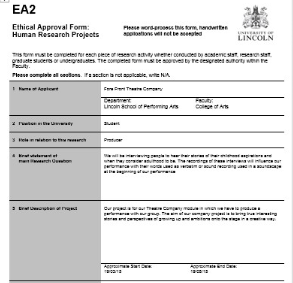The change from adults, to the big scary world, to growing up, to finally the stages society thinks we need to go through.
There have been some big changes to our ideas in the past few weeks and this has meant that we needed to rethink our marketing. One thing we have all settled on is the use of shoes in our piece and the name Shoes to Fill. The connotations that come with the idea of filling someone’s shoes brought up lots of peoples personal stories about when they have had to follow in someone’s footsteps or have had a lot to live up to, I can see this is something we are all passionate about.
To look at some descriptions of what shoes to fill means it comes up with a lot about having to do someone thing that someone has done before, mainly jobs and it tends to mean that the person before did a very well at that job and it would be hard to it justice after them.
“Fill somebody’s shoes, also step into somebody’s shoes: to do what someone else has done as well as they did He was a great coach, and it’s not going to be easy to get someone to fill his shoes.” (Cambridge Dictionary, 200)
I believe we would approach this with the stereotypical shoes we have to fill meaning that they are certain paths that society expects us to take and if we personally think we should take them or there is another way for us. From a marketing stand point we could approach this in many ways as there are certain types of shoes that dictate certain jobs, for example a dirty tatty military boot may give you the idea that someone was in the army and something has happened to them for it to be in such a bad state or a shiny brogue give you the image of a business man. I think we can play off these pre-established stereotypes that we get from images and so I created some mock up poster ideas.



Cambridge Dictionary. 2003. Cambridge Dictionary of American Idioms. Cambridge University Press
-Hope
